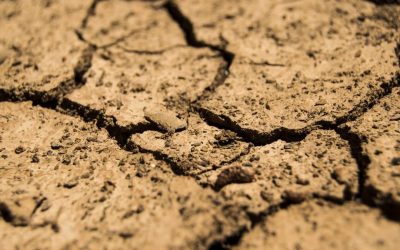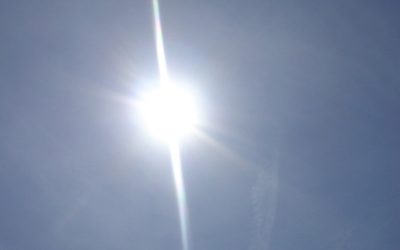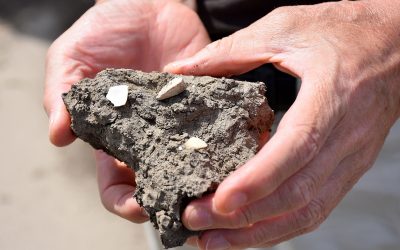Livestock producers receive tax relief after drought

Some Midwestern livestock producers could find themselves facing higher income tax bills if the drought forced them to cull and sell more animals than normal in 2012 – but help is available, two Purdue Extension agricultural economists say.
The lack of forages and the high cost of feed led many producers who might normally have carried livestock through the winter to instead sell them at weaning. More sales at weaning usually would mean more taxable income in 2012. There is now help available in the form of income deferment and averaging.
“Federal income tax law may allow farmers affected by weather-related conditions to defer reporting of this income, in some cases, to even out incomes and avoid potentially higher taxes,” said Michael Langemeier, who also is associate director for Purdue’s Centre for Commercial Agriculture. “Farm income averaging, which was enacted after the weather-related provisions, is another alternative that could result in lower income taxes for producers in some situations.
“Effective tax management involves consideration of several tax years rather than just minimising the current year’s tax bill”. Producers forced to sell draft, breeding or dairy animals because of weather have a two-year reinvestment period. That means producers don’t need to report the income if it is used to buy qualified replacement animals within two years of the end of the tax year in which animals were sold, said George Patrick, who specializes in farm tax management.
Although this provision doesn’t require producers to live in a designated disaster area, producers need to show that weather conditions forced them to sell more livestock than is typical for their businesses. Livestock producers who sold extra animals due to weather but don’t intend to replace them also could qualify for an exception that allows them not to report receipts as taxable income in 2012.
“Producers whose principal business is farming can postpone reporting these receipts as income for one year for both income and self-employment tax purposes,” Patrick said. In this scenario, only livestock sales beyond what is normal for each business would qualify for deferral.
More of Patrick and Langemeier’s comments about tax management can be found in their publication, “Drought, Livestock and Income Taxes,” available for free download via Purdue’s Center for Commercial Agriculture
Source: Purdue











